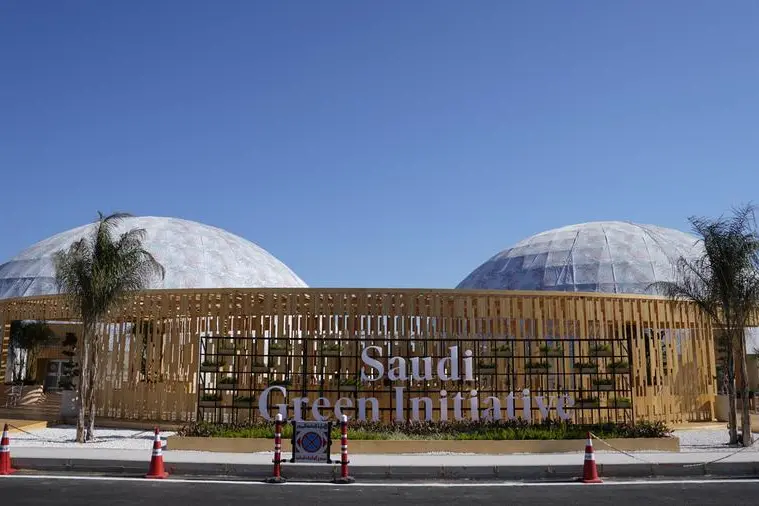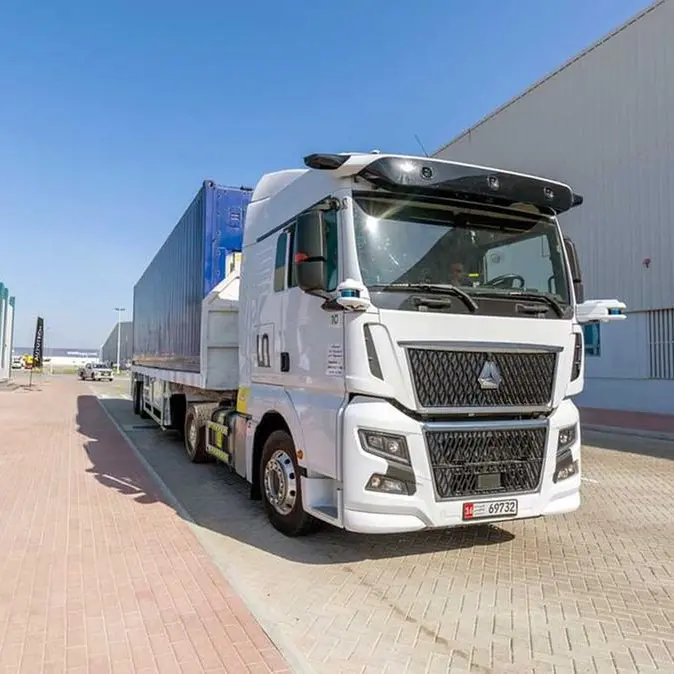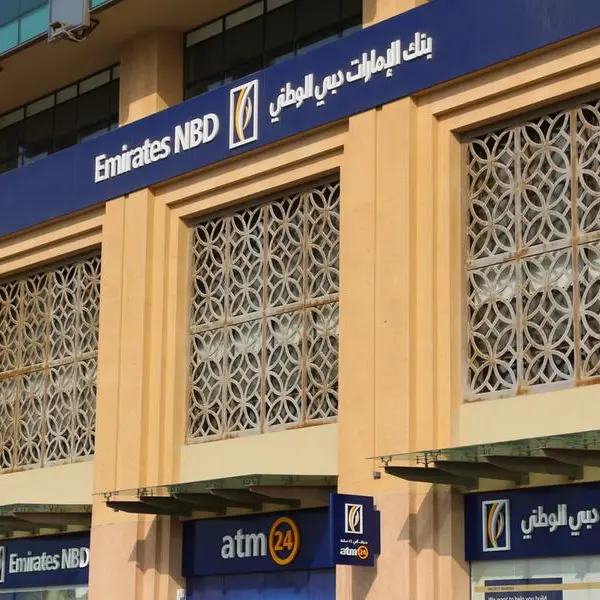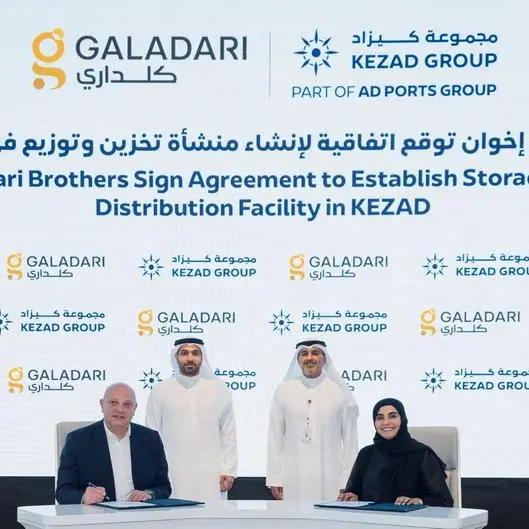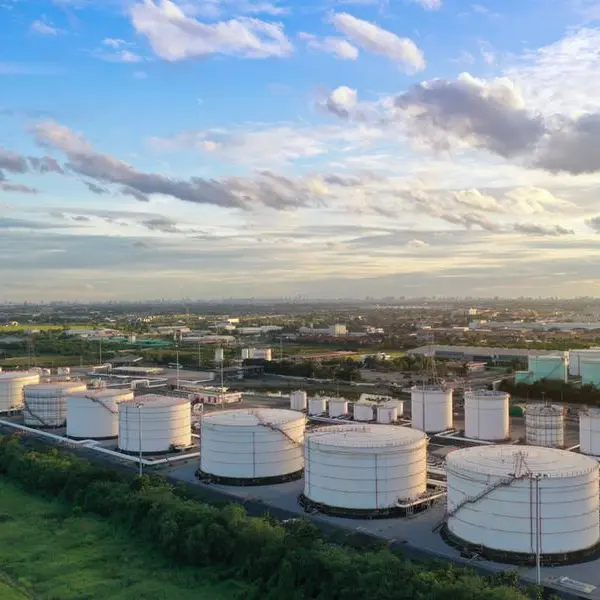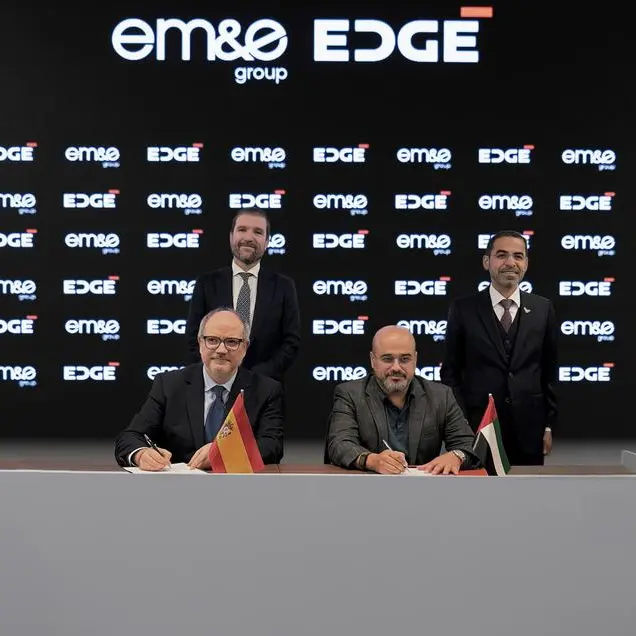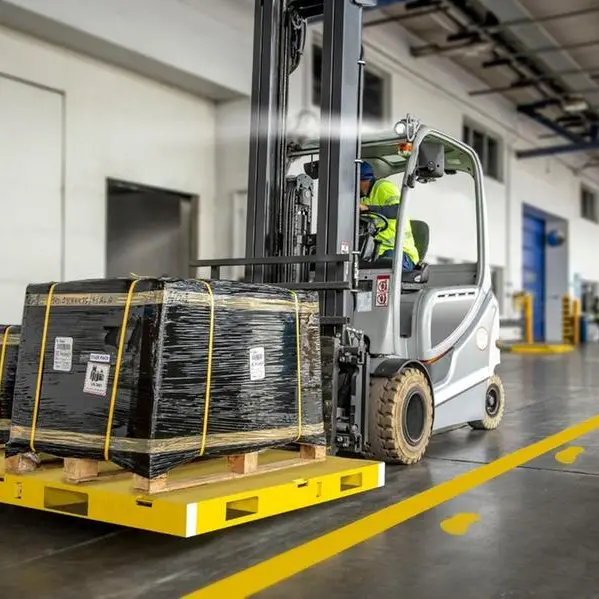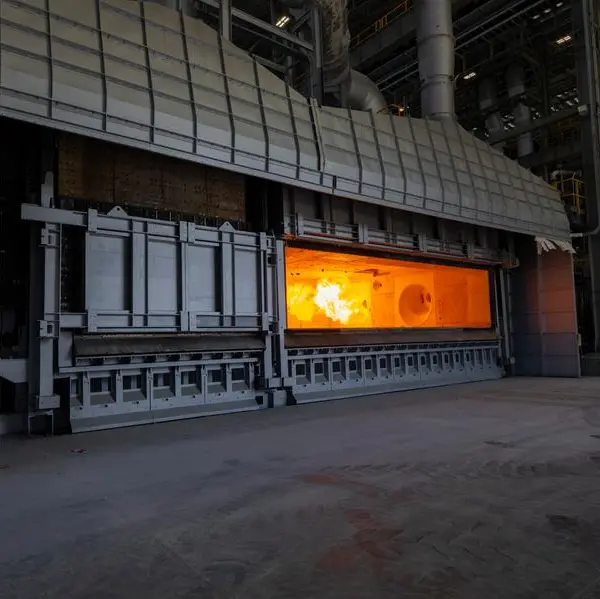PHOTO
The second edition of the annual Saudi Green Initiative (SGI) Forum was held from 11 to 12 November 2022 in Sharm El-Sheikh, Egypt, in tandem with COP 27. New projects, initiatives and achievements announced during the two-day event have been summarised below as follows:
Renewable Energy
- The Kingdom will finalise plans for 10 renewable energy projects and connect an additional 840 megawatts (MW) of solar photovoltaic (PV) power to the grid in 2023 in line with the national ambition to achieve 50 percent power generation capacity from renewables by 2030.
- Currently, 13 new renewable energy projects with a total capacity of 11.4 gigawatts (GW) are under development at an estimated investment of $9 billion (34 billion Saudi riyals). These projects, once operational, are set to reduce around 20 million tonnes of carbon dioxide (CO2) emissions per year.
Carbon Capture
- Aramco to establish one of the largest Carbon Capture and Storage (CCS) hubs in the world in Jubail Industrial City. The hub, slated to start operations by 2027, would be able to extract and store 9 million metric tonnes per annum (mtpa) of CO2 in its first phase, supporting Saudi Arabia’s national target to extract, use and store 44 million mtpa of CO2 by 2035. Last week, Reuters had reported that Saudi Aramco signed a Joint Development Agreement with SLB and Linde to establish a CCS hub in the Kingdom.
- Two pilot Carbon Capture and Utilisation (CCUS) projects to reduce emissions in hard-to-abate sectors were launched. KAUST, NEOM and SEC (Saudi Electricity Company) will develop one pilot project while Alsafwa Cement Company and Abdullah Hashim Industrial Gases & Equipment will develop the second.
- Saudi Arabian Mining Company (Ma'aden) signed an agreement with Gulf Cryo to build and operate a CO2 capture plant at its Phosphate Complex in Ras Al Khair Industrial City for 20 years. The plant will capture 300,000 metric tonnes per annum of CO2 emissions from Ma’aden’s three ammonia plants, which will contribute to achieving carbon neutrality for the Kingdom. Part of the CO2 will be distributed to International Maritime Industries (IMI), the largest shipyard in the MENA region while the rest will be used in industrial applications such as EOR (Enhanced Oil Recovery) and water desalination.
- Saudi Arabia will launch a GHG [Green House Gases] crediting and offsetting scheme at the beginning of 2023 to support and incentivise efforts and investments in emission reduction and removal projects in all sectors.
- A regional centre to be established with United Nations Economic and Social Commission for Western Asia (UNESCWA) to accelerate the pace of emission reduction.
- A Circular Carbon Economy (CCE) knowledge hub will be launched in 2023 to support exchange of information and best practices among countries in the region to implement their Nationally Determined Contributions (NDCs).
Hydrogen/Ammonia
- Ma'aden also confirmed that it will export its first shipment of blue ammonia of 25,000 tonnes to South Korea this month. Germany-based testing, inspection and certification agency TUV Rheinland has accredited 138,000 tonnes of blue ammonia for Ma'aden. In October, South Korean media had reported that Lotte Fine Chemical, a unit of Lotte Group, will import 25,000 tonnes of blue ammonia from Maaden and another 25,000 tonnes from SABIC in the world's first commercial blue ammonia supply deal certified by TUV Rheinland.
- Air Products Qudra signed MoUs with NEOM, Saudi Ground Services (SGS) and Royal Commission for Jubail and Yanbu (RCJY) to set up hydrogen stations for mobility. Under the MoU with SGS, the company will build and operate a hydrogen station at King Fahd International Airport in Dammam. The MoU with RCJY involves building a hydrogen fuelling system for buses and heavy-duty trucks with a focus on zero CO2 tail pipe emissions.
Environment
- Saudi Arabia announced that it will plant over 600 million trees by 2030, an increase of over 150 million trees from the initial goal to plant 450 million trees as part of an overarching target of placing 30 percent of the kingdom’s land and sea under protection by 2030.
- Since the launch of the Saudi Green Initiative (SGI) [in October 2021], over 18 million trees have planted, and 17 new initiatives launched across the country to restore natural greenery and protect against the impacts of climate change. Out of the total, 13 million trees have been mangroves that sequester five times more carbon than tropical forests.
- Saudi Arabia announced that 60,000 hectares of degraded land in the country have been rehabilitated. Approximately 100 carefully chosen species of native and adaptive trees are being cultivated in dedicated nurseries before being planted in 62 approved sites around the country to restore natural vegetation cover, protect biodiversity and bind the soil to protect against dust storms.
- These coordinated national measures have enabled the Kingdom to increase the size of areas under protection fourfold from what it was 2016. The SGI has set a target of placing 30 percent of the kingdom’s land and sea under protection by 2030.
(Writing by SA Kader; Editing by Anoop Menon)
(anoop.menon@lseg.com)
